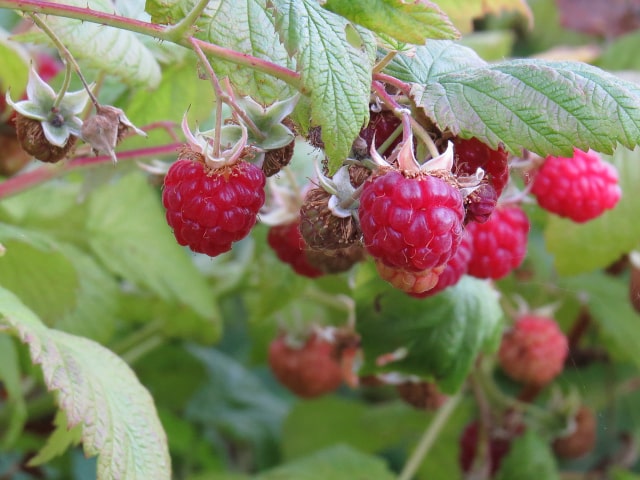
If you wish to buy your raspberry plants to grow, it's important to choose a reliable nursery. Raspberry plants are not difficult to grow, but you want to ensure the best chances of success at growing them. This is why it's important to start with healthy canes.
Choosing a Variety
When buying your raspberry plant, inspect it carefully. It's vital that the canes are strong, healthy and free from any diseases and pests. Another thing to keep in mind is to choose the raspberry variety suitable for your climate and area. There's no use in buying a plant that will not do good in your garden.
For example, "Nova" is a good variety choice for those living in colder areas. This raspberry gives large berries that have a great flavor and are very resistant to diseases. For the most areas in the US and Canada, "Boyne" is a good way to go. It is a very hardy and productive variety. Other popular varieties include "Qualcium" and "Tulameen". They have large, sweet fruit you'll love to taste.
Preparing the Garden
The first thing you need to do is to prepare a garden bed for your raspberries. Keep in mind that the bed should be prepared at least one whole year in advance. Patience is the key here. A quick tilling and plowing just isn't enough. Rasberries are susceptible to weeds so adequate measures have to be taken to prepare the garden bed that will minimize the risk of weeds and other problems.
To prepare the bed, start early. The place should be tilled and plowed first. After this, seed the area with buckwheat. This is a broad-leafed plant that covers up the area nicely and prevents most of the light to reach the soil. When it starts to flower, till it under. After this, plant a crop of fall rye. In the following spring, simply till under the rye and your garden bed is ready to be planted. This measure is needed to minimize the risk of weeds and to enrich the soil with humus, which is needed for adequate raspberry care.
What is the Best Soil?
Another thing to keep in mind is how to choose the best soil for your raspberries. The good news is that raspberries are tolerant of many types of soils and can grow nicely in them. However, to ensure the best care, choose deep loam soils. Loam soils that are neither too dry nor too wet work the best for raspberries and make them thrive.
In case your garden soil is gravelly or sandy, add a bit of rotted manure or compost. It will help the soil retain moisture raspberries need. Another advantage is that manure and compost add nutrients to the soil, which will also make raspberries grow stronger.
Avoid heavy clay soils, since they are not ideal for raspberries. However, if that's all you've got, you can use it, but make sure to work some coarse organic materials in the top four inches of the soil. This will create a well-aerated top layer of the soil which raspberry roots can use to run freely. If you choose to plant your raspberries in such a soil, make sure to plant the canes in this top layer and apply mulch afterwards.
Ideal soil for raspberries is slightly acidic, with pH values of 6.0 to 6.5. If your garden soil needs to be adjusted, add some sulphur or lime to bring the pH values to the optimal levels.
Planting
Planting raspberry canes is easy, but you need to do it carefully to avoid damaging the canes. Always add mulch after you have planted raspberries. This will keep the weeds away and it will help the soil retain moisture.
One of the most common questions for raspberry care is spacing. How much space should you leave between individual plants? There doesn't seem to be a consensus among raspberry gardeners, but 30 inches apart in the row seems to work nicely. The rows should be about 50 inches apart.
Keep in mind that raspberries will eventually fill all the space you give to them, so make sure there's enough of it to make them grow strong, healthy and with enough of room to thrive.
Photo credit: Luke Jones
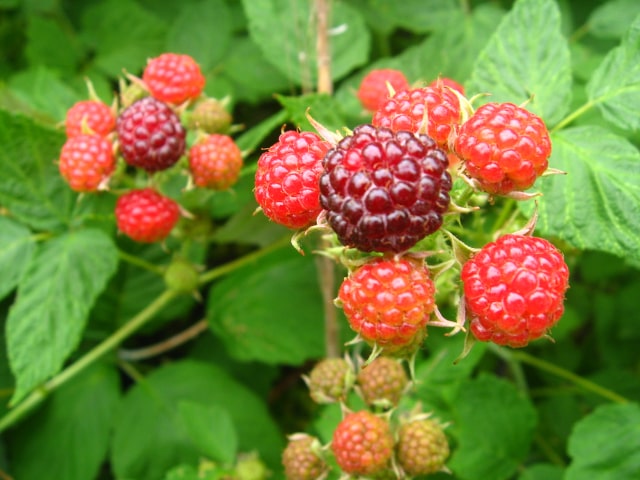
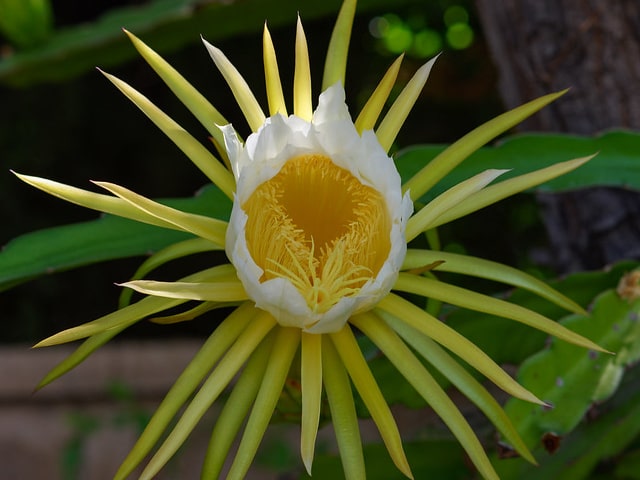
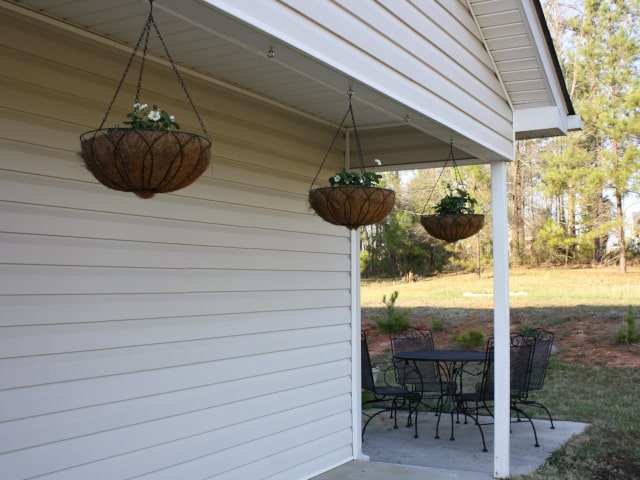
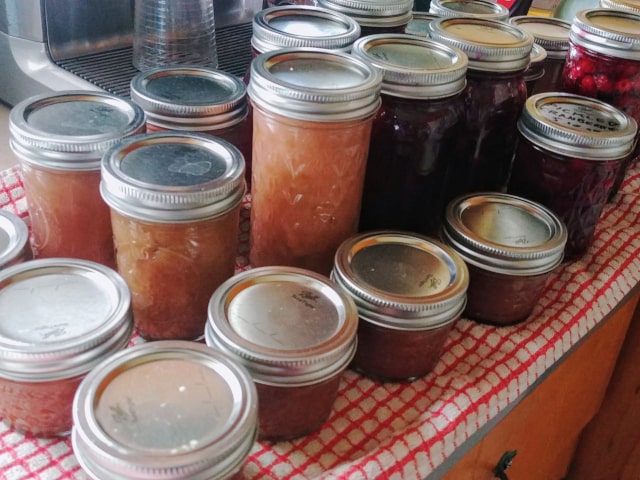
0 Comments